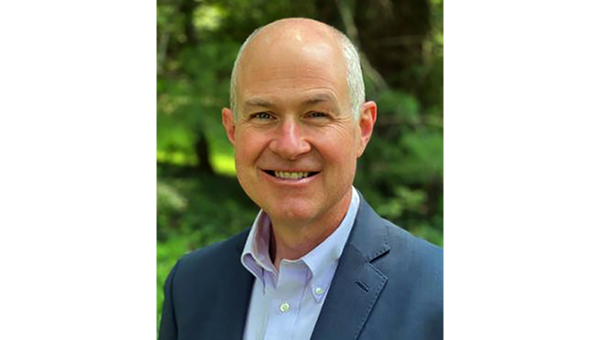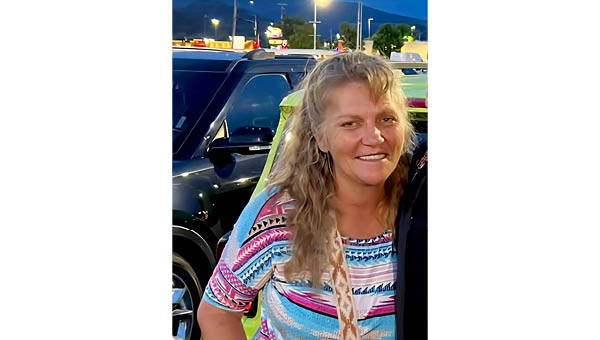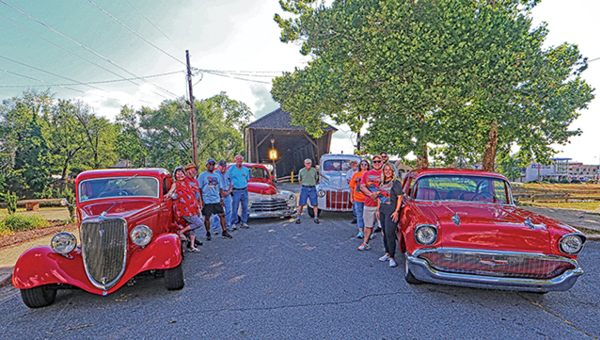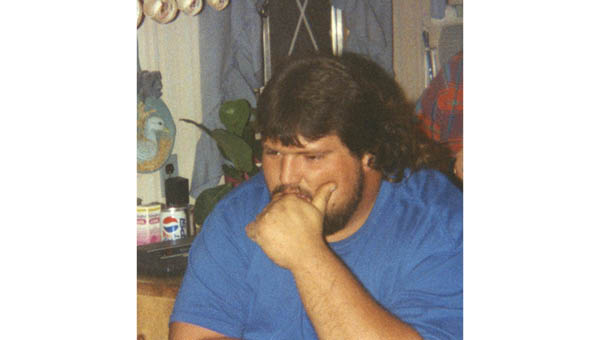First year experience course eases transition from high school to college
Published 1:31 pm Wednesday, November 15, 2023
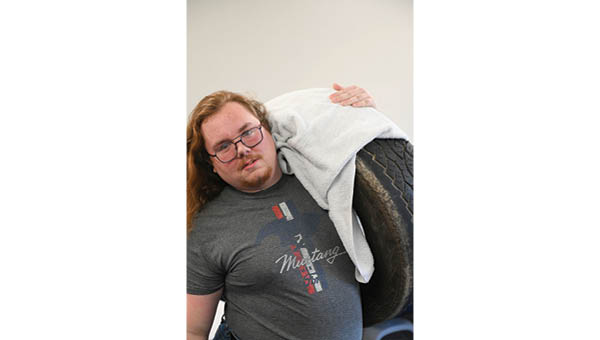
- Photo Contributed First-year student Charles Ward from Watauga brought a tire as his show-and-tell item for an activity in which students share something from home that is significant to them. “I thought, ‘Why not bring something that reminds me, no matter how many times I fail in life, I never want to fail as hard as whoever decided to align these tires?’” he said of the faulty object. What was the reaction of students passing him on the sidewalk as he carried it? “I don’t know if people are concerned or they’re just too scared to look at me.”
|
Getting your Trinity Audio player ready...
|
The first year of college provides excitement, opportunities to learn and make new friends, and a degree of newfound freedom for young adults. It can also give them a bit of anxiety and uncertainty as they navigate a larger campus and tougher classes than they had in high school.
That’s where first-year experience (FYE) courses come in, helping to make the transition from high school to college smoother for students. At East Tennessee State University, “ETSU 1020,” or “Foundations for Student Success,” does just that.
While it has been through a couple of name changes in its history, ETSU 1020 was created to help the university’s first-year students get connected early to the campus; to each other, to mentors and the faculty and staff teaching the course; and to the resources they need as students, according to Timothy Lewis, director of New Student and Family Programs in ETSU’s Division of Student Life and Enrollment.
“ETSU 1020 has taught me how to be successful as a student, focusing on smarter ways of studying and preparing, and mental health,” said Makena Watkins, a first-year student from Johnson City looking forward to a career in sports broadcasting. “I have a lot of stress and anxiety when it comes to classes and academics, so it’s definitely made me feel more comfortable and prepared. I like the topics when we talk about our mental health and the team-building activities that help us put ourselves out there more.”
Engaging with their classmates is also a favorite part of the course for Kaitlin Goodman of Frankfurt, Illinois, and Lyndie Ramsey of Elizabethton.
“It’s helped me make friends,” Goodman said. “We get to know each other in this class, and then when I see these classmates out on campus and get to say ‘Hi,’ it’s cool.”
“If our students can walk away from the course and say, ‘ETSU is a place that cares about me and wants me to be successful,’ that’s our goal,” Lewis said, adding that one of the biggest ways of achieving that is taking a “people come first” approach reflecting the university’s Mission and Values statement.
“We’re really intentional about selecting faculty and staff to teach this course who want to work with students not just for the time they’re in class, but to help support them throughout their journey at ETSU. We want those who want to be a listening ear for students, to help them with financial aid questions, or to help them figure out what they want to major in.”
Getting connected with classmates is a big part of the course. Each class session starts with a “check-in,” in which students answer a random question, perhaps about their favorite genre of music or something funny they did as kids. In addition, one of the earliest assignments encourages students to share where they come from and how their hometowns have impacted who they are today. Team-building activities led by instructors and Campus Recreation staff also help students get to know each other better.
Students imagine what their lives will be like in the future, and explore academic majors. A number of critical skills are covered, including effective study habits, time management, handling stress and practicing civility in discussions with others who hold opposing views.
Some classes feature exploration of such major campus facilities as the D.P. Culp Student Center and Basler Center for Physical Activity, and instructors might opt to book tours of the Sherrod Library, a campus art gallery or other space during the semester. Students are introduced to the wide variety of resources available on campus, including academic advisement, career services, the Counseling Center, and more.
Another critical component of the course is the Buccaneer Involvement Guides (BIGs) program. Each course section is assigned a BIG, or a peer mentor, who attends the class at least once a week, leads selected classroom activities, organizes out-of-class activities and meets individually with students twice each semester.
The kinship between the ETSU 1020 students and BIGs is what makes the effort so successful.
“I know how hard it can be to acclimate as a freshman on campus and get involved,” said BIG Rickell Crutcher, a junior from Chattanooga majoring in kinesiology with a minor in sports management. “Although I’m in a leadership role, I want them to know I’m a student just like them, I have problems just like them, and it’s okay to go through stuff. I also encourage them to get involved in student life. I’m just a person to help guide them through their journey.”
Lexi Petrak, an ETSU alumna who now works as assistant director of campus visits in the Office of Admissions, has a long history with the BIGs program. As a graduate assistant, she was the first coordinator of the peer mentoring program in 2017 after a pilot initiative demonstrated the benefit of having an experienced student in the classroom with the new students. That involvement inspired Petrak’s love of first-year students and brought her full circle when she became an ETSU 1020 instructor herself.
As an instructor, Petrak finds inspiration in seeing her ETSU 1020 students after the course is over.
“Sometimes that’s the following spring,” she said. “Sometimes it’s the following fall, but seeing how a whole semester can really shape and develop a student’s experience is truly gratifying.
“In this course, we get to learn things about our students that maybe a history instructor doesn’t get to hear,” she continued, “because sometimes we have tough conversations in this class. I try to make a point to check in with each student regularly, so sometimes I know the stuff that’s happening outside their academics. Seeing students who have run into a lot of adversity but still stick with it and get connected, and then continue to graduation, is why I do what I do.”


